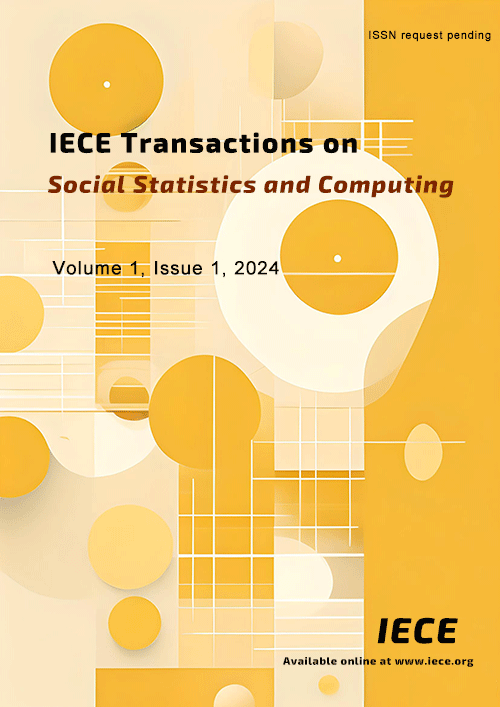[1]Zhao, L., & Rasoulinezhad, E. (2023). How has the coronavirus outbreak affected economic poverty in different asian regions? The Singapore Economic Review, 68(04), 1091–1113.
[2]Welsh, J. (2021). Controlling academics: Power and resistance in the archipelago of post-covid-19 audit regimes. Anthropological Theory, 21(4), 460–493.
[3]Liu, C., & Xu, C. (2021). The effect of audit engagement partner professional experience on audit quality and audit fees: early evidence from form ap disclosure. Asian Review of Accounting, 29(2), 128–149.
[4]Johnston, G., Crombie, I., & Davies, H. (2000). What stops effective clinical audit? reports from the front line. Scottish Medical Journal, 45(1), 23–27.
[5]Chen, T. (2022). Discussion on the influencing factors and optimization strategies of audit quality in China's accounting firms. Enterprise Reform and Management, 4, 138-140.
[6]Yang, S. (2021). The impact of the mismatch between enterprise and accounting firm scale on audit fees and audit quality. Communication of Finance and Accounting, 17, 38-42.
[7]Wu, Y., Liao, Y., & Lin, B. (2018). The relationship between social network and company audit behavior: A study based on social network theory. Journal of Xiamen University (Arts \& Social Sciences), 5, 65-72.
[8]Xu, D. (2022). The impact of auditor industry expertise and auditor tenure on audit quality. Communication of Finance and Accounting, 17, 77-81.
[9]Wang, Q. (2020). Discussion on the influencing factors of accounting firm audit quality. Guangzhou: Beijing Tianyuanquan Certified Public Accountants Guangdong Branch Office, 187-188.
[10]Chen, W. (2015). Research on the audit quality from the perspective of behavioral audit. Journal of Hunan Ecological Science, 3, 58-62.
[11]Chen, Y. (2019). The study on the allocation of PH certified public accountants and its impact on audit behavior. Donghua University, 1-63.


